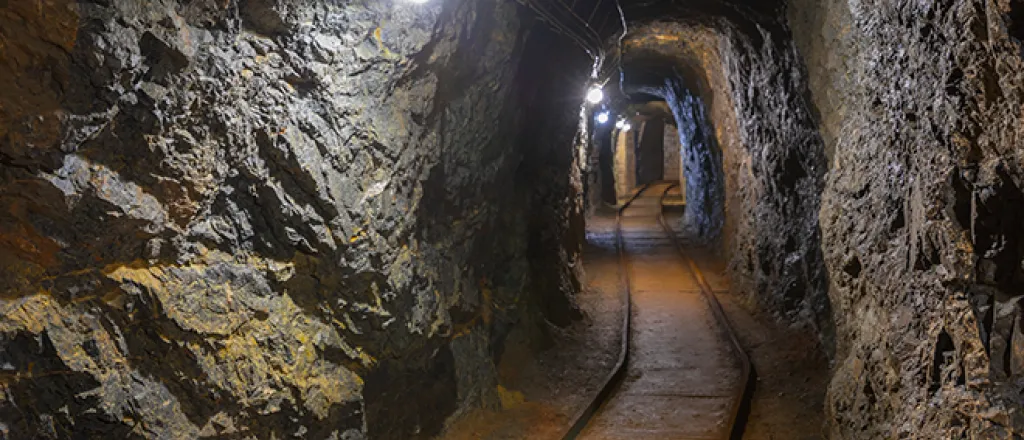
U.S. tribal leaders bring Canadian mine waste concerns to D.C.
(Virginia News Connection) Tribal leaders from the Northwestern U.S. have been in Washington, D.C., this week to discuss how waste from mines in British Columbia is threatening their way of life.
The tribes want federal help, since the British Columbian government plans to double the number of mines in the province, which tribal leaders argued are already affecting water quality and wildlife on the U.S. northern border.
Richard Janssen, department head of natural resources for the Confederated Salish and Kootenai Tribes, described what he wants the Environmental Protection Agency and Congress to do, so waste will not continue to affect waterways.
"We just want to continue to put the pressure on, especially our congressional delegation," Janssen explained. "To have Canada come to the table, and do a joint reference with the IJC (International Joint Commission), so we can make it more transparent, and get actual scientists to the table that can start making these decisions, with both of the countries agreeing to it."
He added Canada does not seem interested in such an approach, wanting instead to examine other options, but Janssen insists there are no other options. He stated he is not opposed to mining, as long as the issue of mine waste is taken seriously. He pointed out once a mine degrades an area, it becomes a long-term concern.
Erin Farris-Olsen, regional executive director of the Northern Rockies, Prairies and Pacific region for the National Wildlife Federation, said the waste from the mines is selenium, specifically, along with other pollutants known to affect water quality.
Of concern, she noted, are tailings dams containing contaminated soils left over from mining, which can spread contaminants into the surrounding watershed.
"The Copper Mountain Mine, for example, which sits within the Columbia River watershed, they plan to increase production by 70% and raise its tailings dam from 492 feet to over 850 feet," Farris-Olsen pointed out. "So, this would make that operation alone the second or third-tallest tailings dam in the world."
She feels giving members of Congress and the EPA a chance to listen to Indigenous leadership will benefit the area.

















